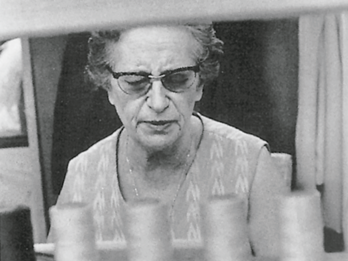The Dead Class
Tadeusz Kantor
1975
Image
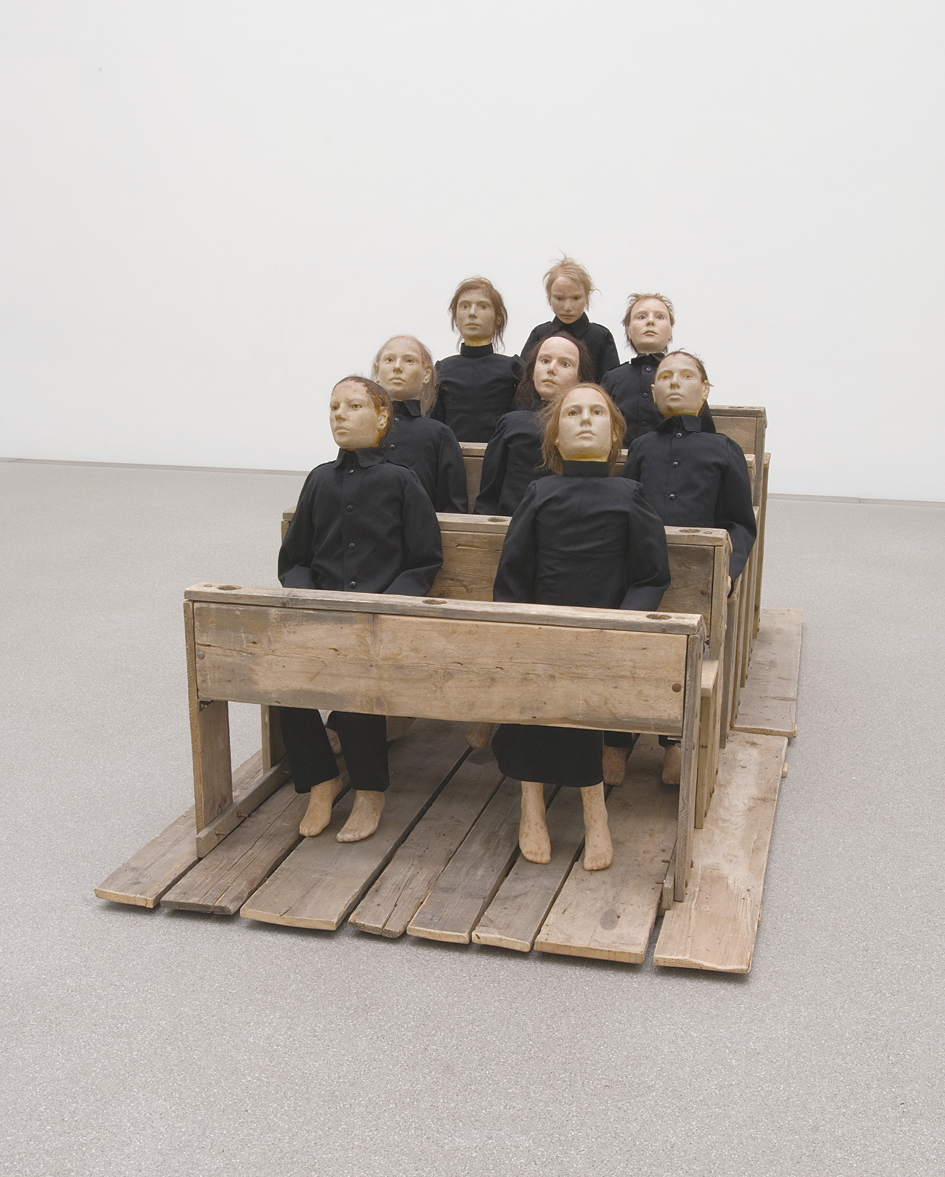
Engage with this Source
Creator Bio
Tadeusz Kantor
1915–1990
Polish artist Tadeusz Kantor was a leading exponent of avant-garde art and theater in Poland after World War II, particularly in Kraków, where he organized an underground theater, exhibitions, and discussion groups. His work, such as The Dead Class, which is also the title of a play, often blends visual art and theater. He was influenced by artistic movements such as Constructivism, Expressionism, and Futurism, as well by as the writings of Bruno Schulz. Kantor organized the first Happening in Poland (1965) and experimented with Conceptual Art in the 1970s.
You may also like
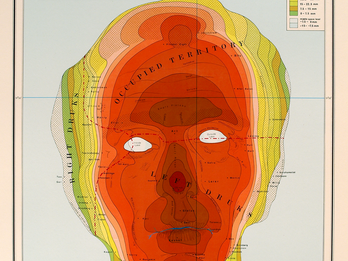
Druksland
Druks was commissioned to create this self-portrait in the form of a topographical map, by Steendrukkerij de Jong & Co., a large European printing house, who used it as a promotional gift for their…
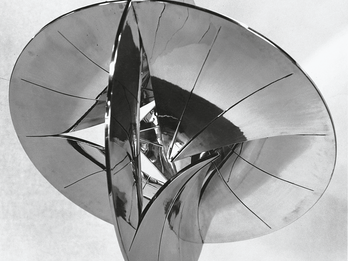
Cabbalistic Sphere
Cabbalistic Sphere, a sculpture made from polished aluminum, is one of Kaish’s many works inspired by ancient Jewish texts. Some of her works with spiritual and metaphysical themes are abstract…
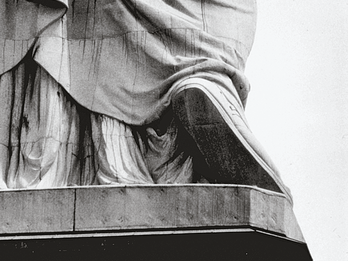
Statue of Liberty
Best known for his New York City street photography, Speier was always on the lookout for unexpected and often humorous juxtapositions of incongruous elements to photograph. In this scene, visitors to…
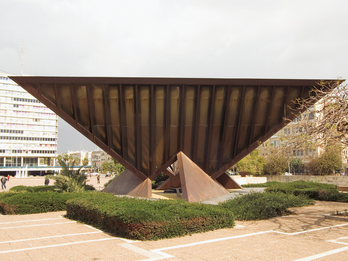
The Holocaust and Revival Monument
Tumarkin’s Holocaust and Revival Monument is a large, inverted pyramid balanced on its point, originally made of corten (or, weathered) steel and glass. (Its glass panels were removed a few years…
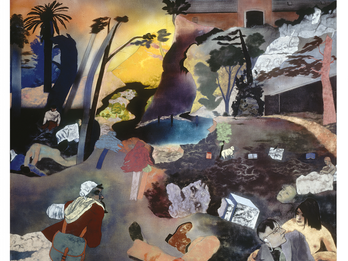
If Not, Not
If Not, Not is one of Kitaj’s best-known works. Inspired by T. S. Eliot’s poem, "The Waste Land" (the poet is depicted at bottom left), it portrays a chaotic landscape, storm-swept and strewn with…


